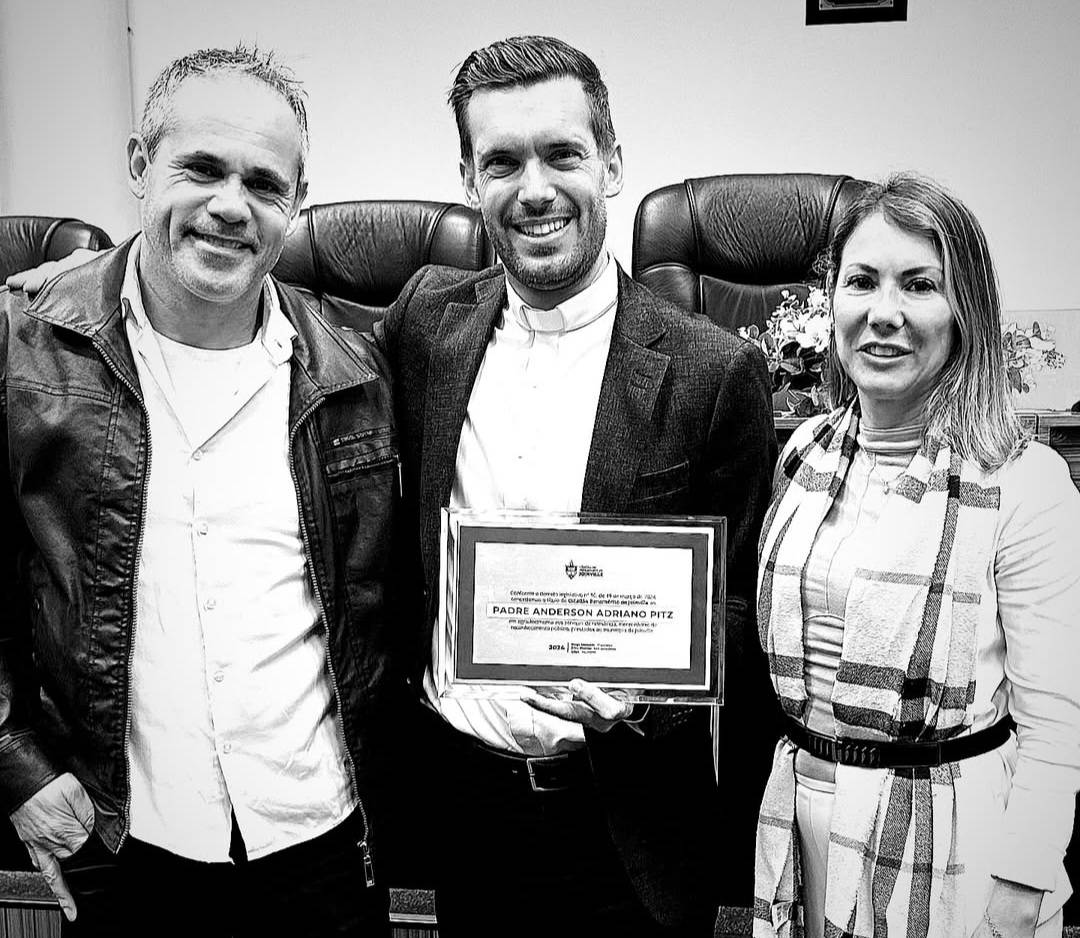SÃO PAULO, Brazil – Catholic officials are trying to reduce the environmental and social consequences of a huge oil spill that has impacted several coastal communities in the northeastern part of Brazil since the end of August.
Critics have accused the government of an inadequate response to the situation, and there is a general feeling of insecurity among traditional fishermen and workers in the tourism industry.
The first blotches of oil appeared in the coast of the State of Paraíba on Aug. 30. Since then, plumes of crude oil reached all nine states of Brazil’s northeast and also a few beaches in the States of Espírito Santo and Rio de Janeiro, in the southeast of the country.
At least 900 locations over thousands of miles on the Brazilian coast haves so far been contaminated. More than 4,500 tons of oil have been removed from the beaches and the ocean by government officials and volunteers.
The government hasn’t confirmed the source of the spill, but President Jair Bolsonaro said the oil was produced in Venezuela, citing a study conducted by experts from Petrobras, the Brazilian state oil company.
In November, the Navy and the Federal Police accused the Greek ship Bouboulina, owned by Delta Tankers, of being the source of the spill. Last week, a researcher from the National Institute for Space Research announced another theory: According to him, the oil has been traveling from the African coast since April.
Environmentalists and community leaders have accused the Bolsonaro administration and local governments of failing to prepare a proper emergency plan to deal with the contamination, and many coastal communities decided to clean the sea on their own. At times, local parishes and church movements have helped promote these initiatives.
This was the case in Tamandaré, a coastal city in the state of Pernambuco. At the end of October, Father Arlindo Junior organized an effort to remove oil spots from two affected beaches in the region.
“I realized many people were distressed about the impact of the spill on local tourism. So, I recorded an audio message trying to bring them a word of optimism. I said that if the oil plume arrived to our city, we would clean it,” Junior told Crux.
Residents saw the oil blotches on two beaches the very next day. Junior went on his own to one of the areas and started to remove the oil, putting it in plastic bags.
“Many people showed up to volunteer: Tourists, shop owners, hotel workers, the police. There was a very beautiful multiplying effect,” the priest said. By noon, the entire beach was completely free of oil.
In the afternoon, the other contaminated beach was also cleaned by Junior’s volunteers. Both areas were considered ready to be opened for tourists by the local authorities after the cleanup operation.
“The beach is the heart of the city’s economy. It’s up to us to motivate the people, mobilize them and raise a feeling of belonging to our common house,” Junior said.
According to the Fishermen Pastoral Council – a commission of the Brazilian Bishops’ Conference – the expansion of the contaminated area over the past weeks is the result of the government’s negligence.
“The authorities took 40 days to launch a contingency plan, but district attorneys from different states have denounced that no real measures were taken to contain the plume,” said Maria José Pacheco, a pastoral agent of the council for the states of Bahia and Sergipe.
More than 100 communities with which the council operates have been directly or indirectly affected, Pacheco said.
“Only in Bahia, at least 50,000 artisanal fishermen are now suffering the consequences of the contamination,” she continued.
In an effort to protect the environment and the areas where they work, the fishermen organized groups to remove oil from the beaches and mangroves, many times without adequate personal protection equipment (PPE).
“Crude oil is toxic and contains carcinogenic substances. There have been numerous cases of people intoxicated with symptoms such as allergy, edema, dizziness and vomit,” Pacheco said.
The economic effects of the oil spills for fishermen has been devastating, according to her.
The lack of reliable information on the safety of the fish caught in nearby areas has provoked a general fear among consumers, and people have stopped buying seafood. “Even communities that have not been affected by the oil spills can’t sell fish at this point,” Pacheco said.
The government has announced the emergency financial help for artisanal fishermen, but the council says most people haven’t been paid.
“We’re mobilizing our partners to provide PPEs, denounce the fishermen’s conditions to the government and give them food, but we need the help of the Church as a whole. More dioceses, parishes and communities have to be engaged in this effort,” Pacheco said.
Crux is dedicated to smart, wired and independent reporting on the Vatican and worldwide Catholic Church. That kind of reporting doesn’t come cheap, and we need your support. You can help Crux by giving a small amount monthly, or with a onetime gift. Please remember, Crux is a for-profit organization, so contributions are not tax-deductible.

















